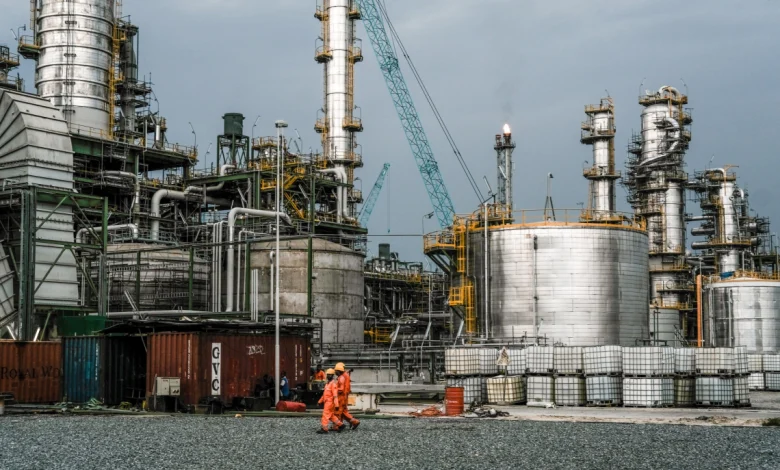
The ongoing dispute between Dangote Refinery and the Petroleum and Natural Gas Senior Staff Association of Nigeria (PENGASSAN) has raised serious concerns about worker rights, competition, and regulatory oversight in Nigeria’s oil and gas sector. The alleged sacking of over 800 workers for joining PENGASSAN and their replacement with foreign nationals has sparked fears of labor exploitation and erosion of workers’ rights. This situation highlights the need for stronger protections for workers and more effective regulatory mechanisms to prevent such abuses.
The dominance of Dangote Refinery in the sector also poses significant risks to competition, potentially leading to monopolistic practices that stifle innovation and drive up prices. Weak oversight from regulatory bodies such as the Nigerian Midstream and Downstream Petroleum Regulatory Authority (NMDPRA) and the Federal Competition and Consumer Protection Commission (FCCPC) could exacerbate these issues, allowing Dangote Refinery to dictate prices and supply without accountability.
The dispute has raised several key concerns, including the potential impact on fuel supply, the economy, and transportation. The strike may lead to fuel scarcity, affecting various sectors, including transportation, hospitals, and schools. The dispute may also have a negative impact on Nigeria’s fragile economy, with potential losses in productivity and revenue. Additionally, the strike may ground the transport system in the country, with NARTO, NUPENG, PETROAN, and NAGASA showing solidarity with PENGASSAN.
The Federal Government has stepped in to broker a truce between Dangote Refinery and PENGASSAN, with the Minister of Labour and Employment appealing to PENGASSAN to shelve its strike action. The Nigerian Upstream Petroleum Regulatory Commission (NUPRC) has also urged both parties to engage in dialogue to resolve their differences and prevent disruptions to the nation’s energy supply.
To resolve the dispute and prevent future conflicts, the government and industry stakeholders must prioritize dialogue, fair labor practices, and competition. This includes protecting workers’ rights, promoting competition, and strengthening regulatory oversight to prevent market abuse and ensure compliance with labor laws and regulations. By prioritizing these principles, Nigeria can build a more stable and sustainable oil and gas sector that benefits all stakeholders.




